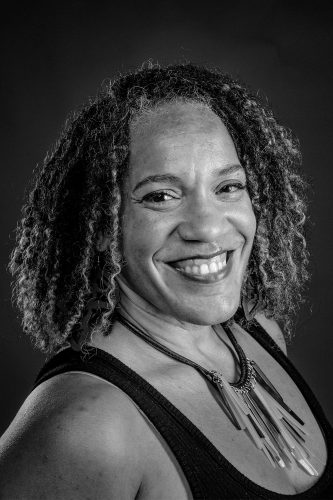
A violent attack, PTSD, anxiety, oppression, COVID, depression — we, as a society, are entrenched in a myriad of suffering, experienced collectively, voluntarily or not. The byproduct of this pandemic’s wild twist of history turns into another story of the human condition, as if it’s the writing on the wall.
I am thinking of how the suffering could be the result of so many unfortunate experiences we have been thrown into. As I am lying in my bed, unable to breathe, my body is so hot it’s cold, my skin pale and clammy, every attempt to talk has a strange whistle and crack. It hurts to breathe, because everything is swollen. I know how this goes, as long as I’m strong enough to endure.
In a way, I’ve been here before, when I was beaten by the police. This time, the culprit is literally in the air. As I think of it all, it is as if some people are just more susceptible to this suffering than others: socioeconomic status, age, ethnicity, “essential” or not.
The pain in my body is unheard of. Every joint is on fire. My muscles are weak, I have no appetite, I’ve lost 10 pounds since it happened. I have no control over the intensity, I’ve done all I’m “supposed” to do. Now, I’m supposed to lie here and witness my body fight for every ounce of strength it has. I have limited recourse. They empathize with shallow gestures of condolences. The system is supposed to provide sovereignty. It is the safety net, right?
At some point, you’d think people would step in and step up to help, but they have their reasons — secretly too scared to truly get involved. It’s easier to lean on the fact that the system is bigger than them, I guess. Truth is, they don’t see themselves in the suffering. Instead they sheepishly posture behind their choices, “freedoms” and their ability to gain access, avoid scrutiny and their unearned privilege to their right to carry on. Their “individualism.”
I follow the rules — wear my mask, keep my hands on the wheel, say yes sir/no sir, carry my receipts clearly as I walk out of the store — because I know the rules of this system somehow work against me, that they work against marginalized communities.
How many people have to die before it makes a difference, personally? Do we recognize the emotional, physical aftermath of police brutality, intersectional oppression and the routine denial of access to equitable health care as the reality of the context in which we live?
COVID deaths by the thousands. Systems. Everyone is tired — of everything. Experiencing the system, marginalized, is more than inconvenient. It is forever.
For those who are witnessing this, when do you lose sight of the people experiencing it? If you’ve never experienced it yourself then how long does it stay relevant?
What I’m wondering is if you reflected on this experience, the suffering: Was that reflection outside of yourself? Were you looking at someone else’s experience that, as you witnessed it, you somehow deduced that it could not be you?
If you didn’t center yourself at first, and you thought, “How horrible that must be,” and did you ask yourself: “What am I supposed to do?”
Our ability to do better for each other seems equally as complicated as it is to recognize and name the active oppression at play. What does “each other” truly mean to the solution?
It is clear our collective experiences are results of this system, but only one community reflects the system. However, If we are all human, Maya Angelou reminds us that “I am a human being, nothing human can be alien to me.”
So, I’m asking: How did we get here? How did we get to a place where the pain and suffering for some is acceptable as long as the majority isn’t further compromised?
Ayisha Elliott’s podcast Black Girl From Eugene is raw and uncensored monologues and conversations about living while Black in the PNW. Listen locally at 11 am Sundays on FB Live; simulcast on KEPW 97.3 FM. Audio found on all major podcasting platforms.